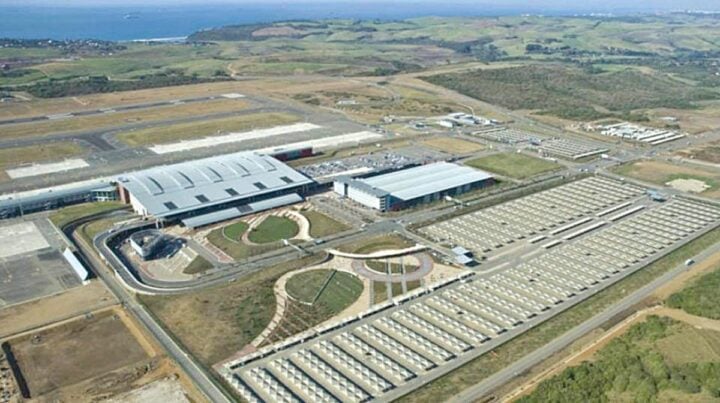Agora Policy, an Abuja-based think tank, has made some recommendations on how the incoming administration can transform public service and improve governance in the country.
In its latest report, titled, ‘How To Accelerate Governance and Public Service Reforms in Nigeria’, the organisation said there was need to improve the growth and development of the country through effective implementation of reforms in governance and public service.
The agency said the efforts of the government — both at federal and state levels — have been sporadic and inconsistent, thereby limiting its performance.
Acknowledging that efforts have been made to reform the federal civil service, Agora Policy said those “efforts have been constrained by wider issues of underinvestment, outdated processes and procedures, and limited adoption of technology”.
Advertisement
According to the agency, many of the issues bedevilling the civil service, including appointment, promotion, discipline, and pay; are outside the control of the head of the civil service of the federation.
“Without focusing on the external levers that affect the civil service, the effects of any civil service reform efforts will be limited. Some state governments have made efforts at governance and public service reforms, but most of these have been sporadic, inconsistent, and often half-hearted,” the think tank institute said.
“There has been a lot more appetite when monetary incentives are offered, as was the case in the hugely successful state fiscal transparency, accountability and sustainability (SFTAS) programme supported by the World Bank.
Advertisement
“Independent measures of progress on governance reforms show that Nigeria’s performance has been subpar. For the 10 years from 2012 to 2021, Nigeria’s scores on overall governance on the Ibrahim Index of African Governance have consistently averaged 48 percent.”
‘CUT WASTE, RAISE PRODUCTIVITY’
However, in light of the inception of a new government, Agora Policy, founded by Waziri Adio, former executive secretary of the Nigeria Extractive Industries Transparency Initiative (NEITI), enumerated ways governance and public service reforms can be improved.
The suggestions include; creating a sense of movement, cutting waste and reducing the cost of governance, rebalancing the public service, raising productivity, improving performance management, connecting with the public, and improving the quality of policymaking.
Advertisement
The incoming president, the policy organisation said, could consider the aforesaid recommendations to accelerate governance and public service improvement in Nigeria.
“The new president, in words and actions, should create a sense of a reform movement in which the whole is greater than the sum of the parts. He should lead this movement through personal example,” the firm said.
“There is an urgent need to reduce the cost of governance and cut waste. Initiatives here should include implementing the Oronsaye report in phases and removing the petrol subsidy.
“There is a need to rebalance the public service to ensure that personnel are deployed in the areas of greatest need and that future recruitment prioritises essential workers like doctors and other health workers, police officers, teachers, and quality-of-service inspectors.
Advertisement
“There is a need to raise productivity by facilitating an increase in agricultural and manufacturing output and promoting information and communication technology, particularly with payment systems where Nigeria competes favourably with the best in the world.
“There is a need for enhanced focus on performance management. Particularly, it would be necessary to set priority targets at the start of the administration. Ministers should also be issued ministerial mandate letters where the president sets out his personal expectations of each minister upon their appointment.”
Advertisement
The agency also said the current performance management system for tracking the performance of ministries should be sustained, and a similar system for tracking the performance of agencies be put in place.
Agora Policy said the government should focus on strategic and agenda-building communication, rather than on a reluctant, reactive, and defensive one.
Advertisement
“Government should have people that are grounded in public policy and strategic communications engaging with the public, explaining government policies in a relatable way and channelling constructive feedback from citizens into improved delivery of public services,” the institute added.
“Government’s approach to policymaking should be more thoughtful, technically sound, and consultative. Thoughtless and arrogant policymaking inflicts unnecessary hardship on citizens, damages the economy, and erodes any goodwill the people may have for the government.”
Advertisement
Add a comment






